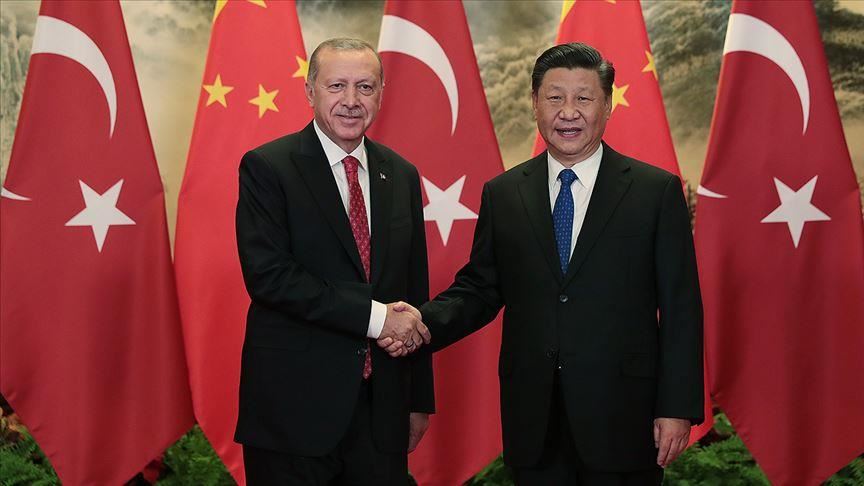Turkey is under enormous pressure to ratify a 2017 extradition agreement, allowing the country’s Uighur Muslims to be sent back to China, EurAsian Times has learnt.
Indian Army Goes All Out To Eliminate Terrorists From The Kashmir Valley But Families Cry Foul
Beijing has ratified the agreement, while Ankara is facing severe opposition from human rights groups since it is expected that China will target these Uighurs who have been fleeing persecution from the communist nation.
Turkey is, however, facing strong opposition within its parliament against ratifying the agreement, with critics arguing the treaty could end up being an “instrument of persecution.”
China is accused of having interned at least one million people, including Uighurs, in “camps”, which the country has repeatedly denied saying the camps are really “vocational training centers” serving to retrain the population to find work, helping them to “move away from extremism.”
Under the 2017 agreement between Turkey and China, the repatriation of “some refugees” and “Uighur Muslims” is expected to take place, supposedly of those suspected of being involved in terrorist activities.
The Turkish Foreign Minister Mevlüt Çavuşoğlu while denying the allegations said the country had not taken any decision in this regard and the parliament was yet to approve it. The Turkish lawmakers have come out strongly against any such decision, and the move is expected to generate similar reactions from the country’s public.
The fears of the Turkish parliament giving its consent to the agreement have exacerbated amid growing strategic ties between Beijing and Ankara, along with Pakistan. China is also exporting its COVID-19 vaccine to Turkey, and the experts fear it could be used to blackmail the country to sign the extradition treaty.
The human rights activists in Europe, and in particular, Uighur Muslim leaders living in exile, have accused China of continuing economic and diplomatic pressure on Turkey to implement the extradition treaty. They allege China is deliberately delaying sending the first batch of COVID-19 vaccine to Turkey in order to put pressure on Recep Tayyip Erdogan’s government to approve it in parliament.
China continues the persecution of the Uighur minority in Xinjiang, which has been labeled as “cultural genocide” by some experts. Around a million Uighurs remain detained in internment camps, where authorities have been carrying out re-education programs, enforcing religious and cultural beliefs, enforced labor schemes, mass surveillance and forced sterilization of women, among other practices.
The Uighur activists living outside China allege there are coordinated efforts from China to force people to come back to Xinjiang, or in some cases use their families back home to pressure individuals overseas against exposing the persecution of Uighurs by the country.
The Guardian spoke to Leo Lan, a spokesman for China Human Rights Defenders, who said the “treaty would expose Uighurs to a higher risk being returned to China, where they could face detention and torture,” and he warned Turkey of its international obligations of non-refoulment.
“China can use very ambiguous and broadly defined national security charges to request the extradition of certain people to China,” Lan told the Guardian.

Turkey has long been vocal on the Xinjiang Muslim rights and has welcomed Uighurs and Turkic Muslims fleeing China for decades. The country has a population of more than 50,000 Uighurs, constituting the largest Uighur diaspora hub in the world.
There are historical ties between Turkey and Uyghur Muslims, which began when Sultan Abdul Aziz of the Ottoman Empire invaded China’s Qing Empire in 1873. Since then, Uighur Muslims in the eastern Chinese province of Xinjiang have always relied on Turkey for leadership and asylum. After the communist revolution in 1949, Mao Zedong completely took control of this part of China.
From that time onwards, large-scale migration of Uighur and Turkish Muslims from the province began, and they took political asylum in Turkey. The United States and the United Nations have also helped Uighur Muslims seek refuge in Turkey, with the country granting them citizenship in growing numbers in the last decade.
However, that relationship is now threatened with the new geopolitical compulsions between China, Turkey and Pakistan. Turkey holds the largest number of refugees in the world.
Follow EurAsian Times on Google News




